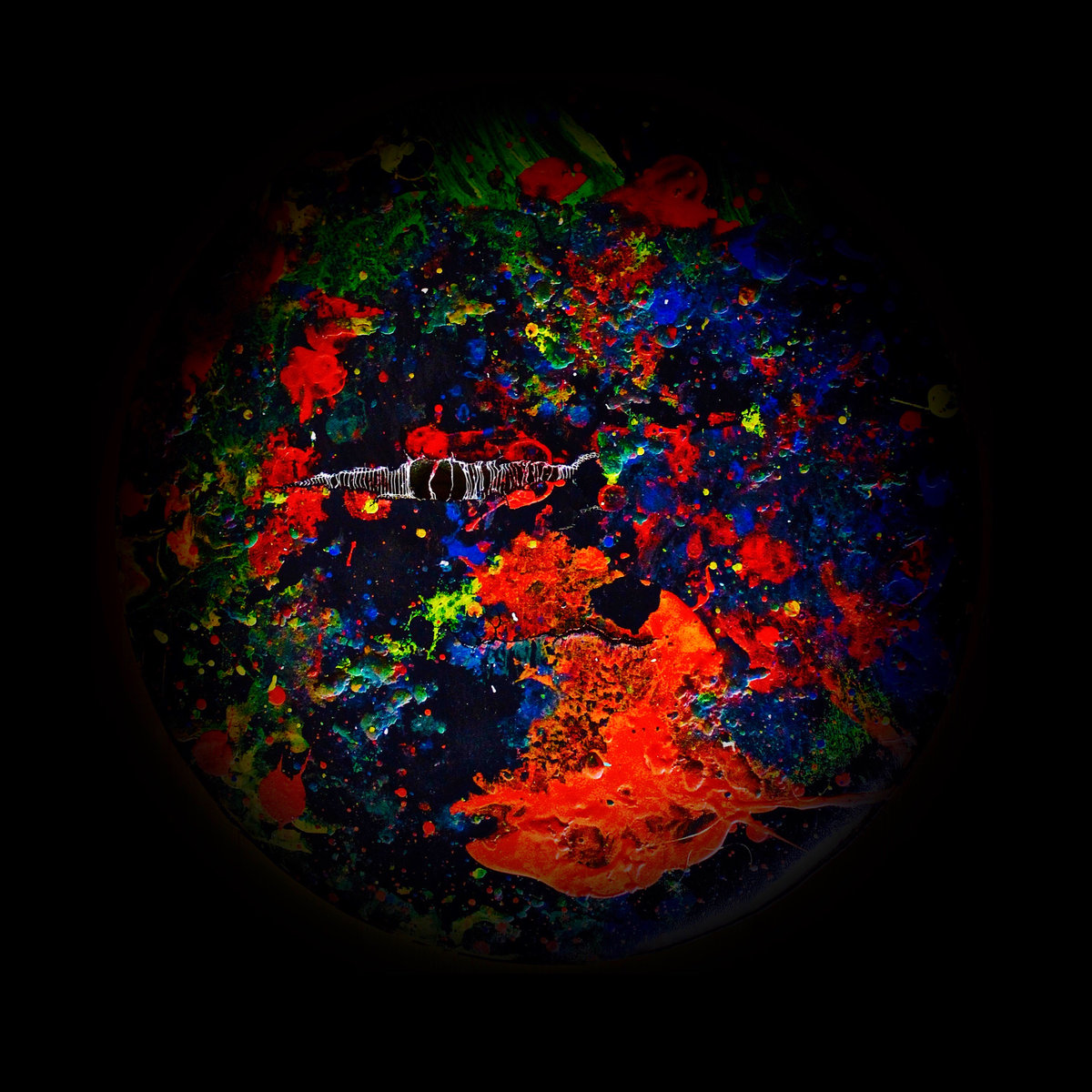Phillipe Roberts
No doubt aided by the ascent of Frank Ocean to minor R&B deity status with his continued success and cross-genre appeal, the archetype of the lonely lo-fi crooner seems inescapable these days. You know the type: isolated, sensitive, destitute in the absence of love, but cloaked in enough reverb to (hopefully) turn that sadness into sex appeal. It’s a winning formula, albeit done to death; after all, once the echoes die down, the last minor 7th rings out, and you’re left sitting there to parse over the lyrics sheet, the self-deprecating clinginess so endemic to the genre can really have you running towards sunnier pastures.
At first listen, Box Dreams’ self-titled effort shows off a striking affinity for that archetype. His lyrics drift between yearning, hazy romance and escapist nostalgia, his cavernous productions stuffed with chopped horns, dreary guitars, and foggy field recordings suggesting a body in dire need with a mind wrapped in comfortable seclusion. But unlike many of his contemporaries, Adam Rhodes has more to offer than rose-tinted atmosphere. In fact, in the best moments on Box Dreams, he takes pleasure in sudden shifts from warm and sprawling soundscapes to hard-hitting moments of cold interiority. Working between these two temperatures with a graceful ear for sonic narrative, Box Dreams puts his inner workings on display in a lush feast for the ears.
These focal oscillations rarely take longer than half a song to occur. Rhodes works fast to create structure, and moves at an unrelenting pace through a dizzying array of melodic ideas. The second track, “Am I a Moment,” is a prime example. Starting with a psychedelic breakbeat stomp, an air-clearing guitar chord rings out just under a minute in. Horns loop and turn in on themselves before a modified beat returns, coasting over a wonky bassline to a chorus that recalls Daniel Rossen’s contributions to Grizzly Bear. A ghostly sax solo misdirects your attention before the vacuum returns again to provide a clear foundation for a springy, percussive outro coated in fuzz guitar. The productions of this style, particularly in the penultimate bop “Peach Juice,” are pure color, free associating between tones but meshing cohesively.
This tendency for songs to turn inside out, seemingly at a whim, can at times prove too disorienting. Taken individually, the preceding song and the reversed, Boards of Canada-style outro in the opener (“Where I’m Going”) are phenomenal, but the sensuous embrace of the vocal portion is completely lost in the gloom of the ending. By the time it sweeps over, you’ve lost the thread. This may be intentional, done in attempt to create a flowing, cinematic experience. However, it can sometimes feel like Rhodes looking at the landscape from too many angles to give us a defining image.
Rhodes’ voice is mostly saturated in echo, functioning like a vaguely human presence in an album full of disorienting instrumentals. This is a solid choice, because when he gives it space to breathe, as on highlights “Beside You” and “Intro (Santa Barbara),” he absolutely takes over a mix with emotion. The warbling auto-tune choking his voice on the former makes for a perfectly refreshing slide from high-energy trap hi-hat grooves to desperate, multi-tracked pleading, an ice-bath in the middle of the desert. The latter, released almost a year ago, unfurls a steel guitar sample before deconstructing it for the most upbeat moment on the record, a patiently funky island groove. The chorus here is as poptimist as it gets, with a confident tune that doesn’t hide, sounding like an instant summer throwback spiced with regret. Box Dreams would do well to let his pipes shine more directly. It’s no wonder that this track in particular is his most listened to; the elegant simplicity of it all demands it.
Box Dreams is an ambitious attempt to crack the divide between luxurious, space-bound beats and spare, late-night lust. It succeeds at prying open the doorway, and at times, suggests an untapped universe waiting to be exploited. Put your local sadboy on notice: it’s time to dream bigger. Much bigger.






